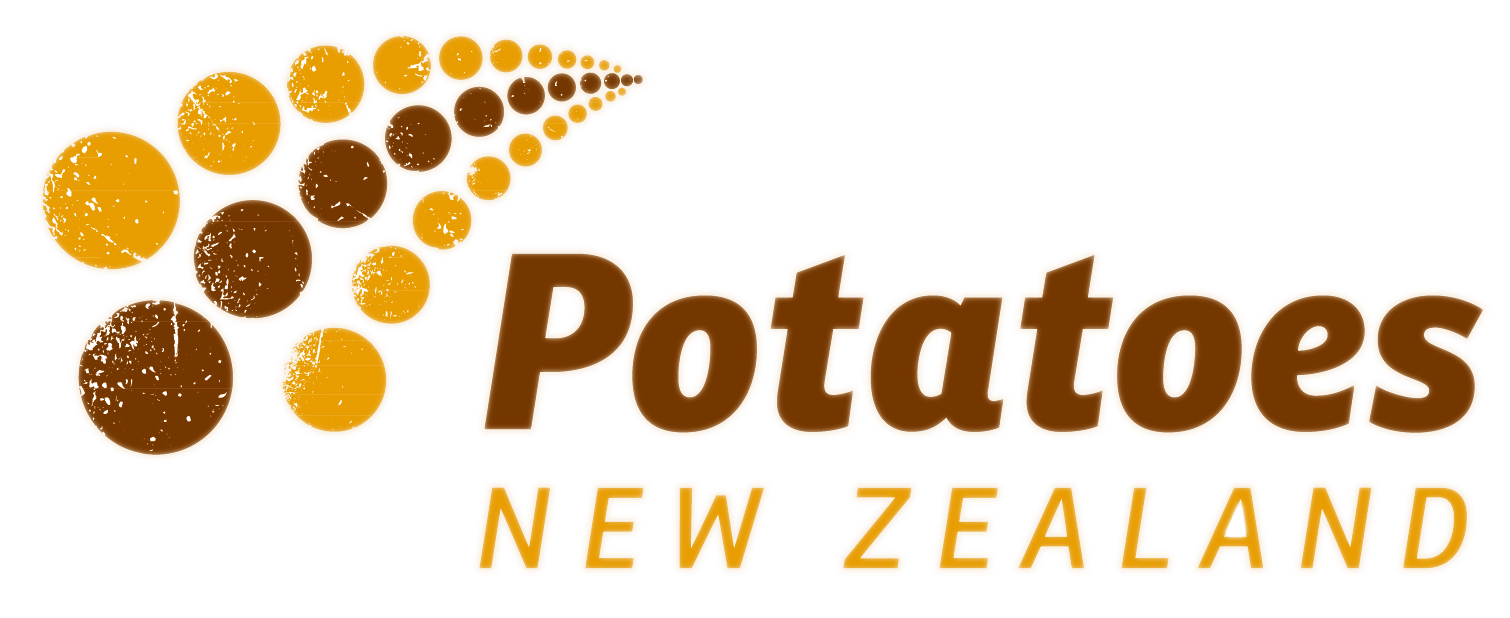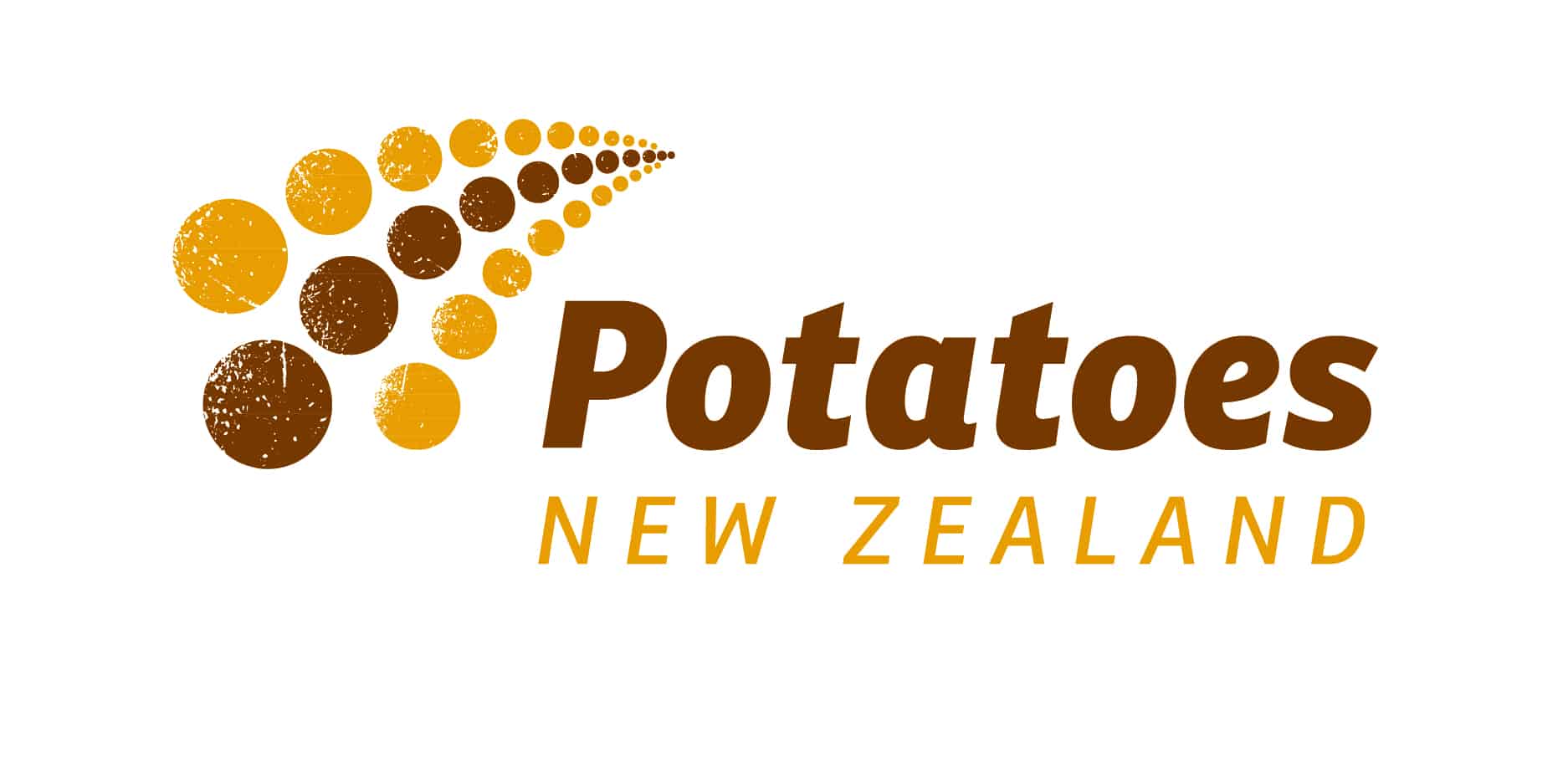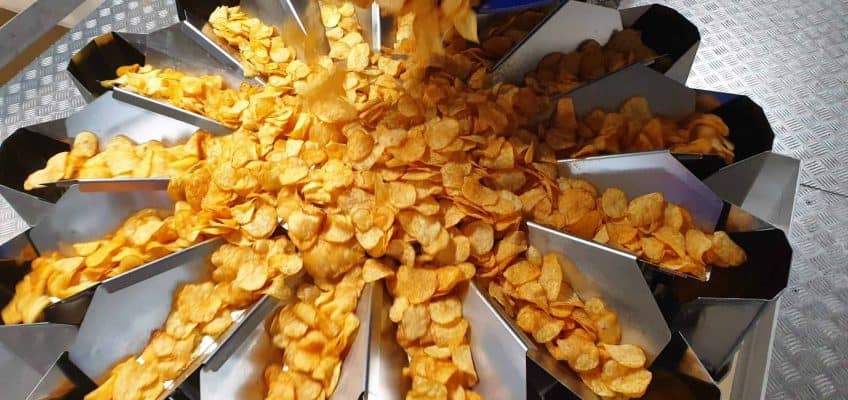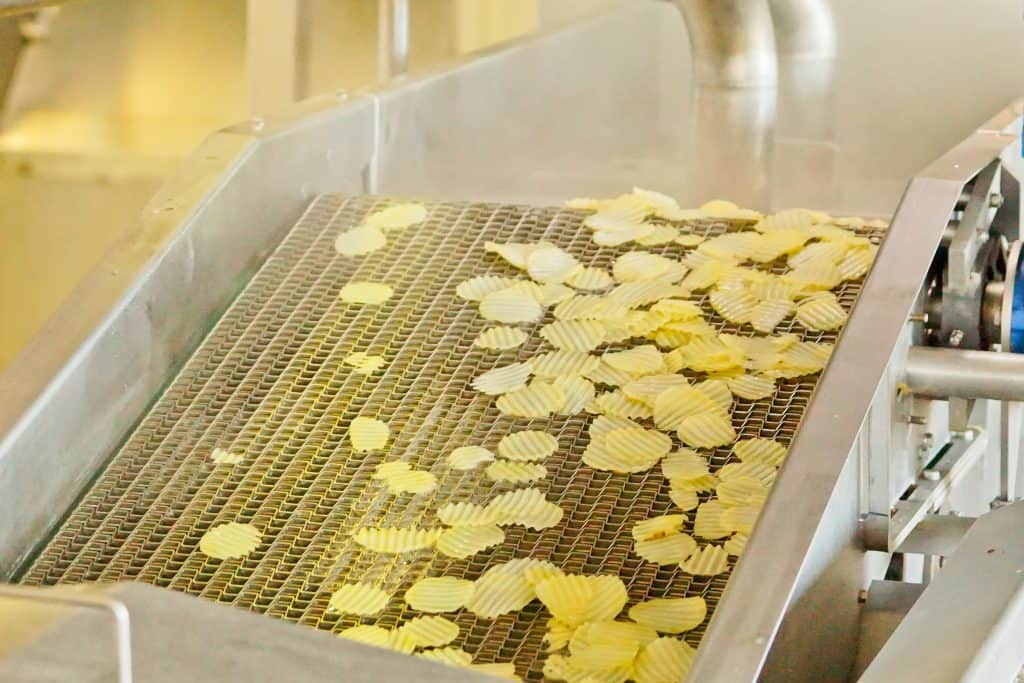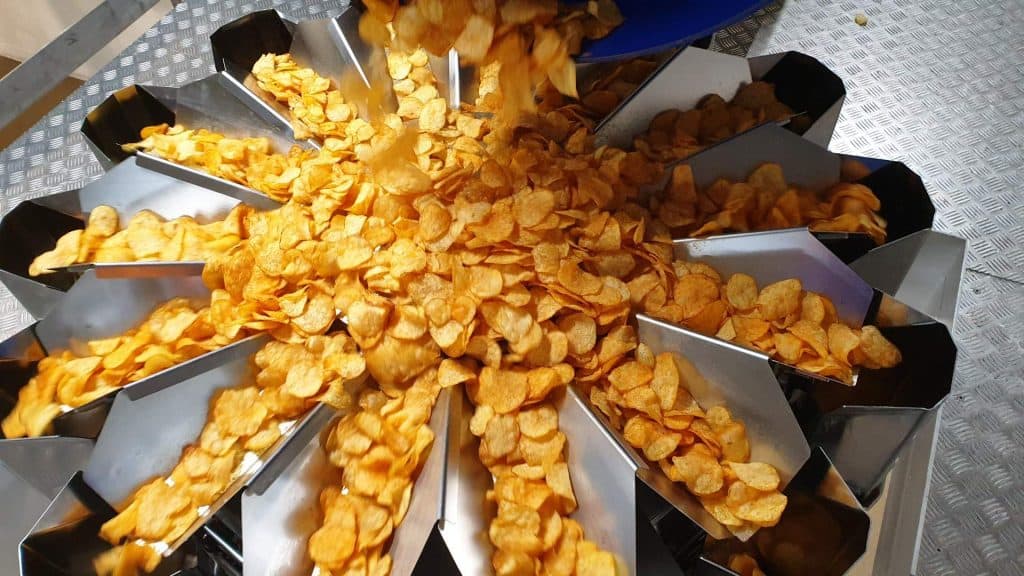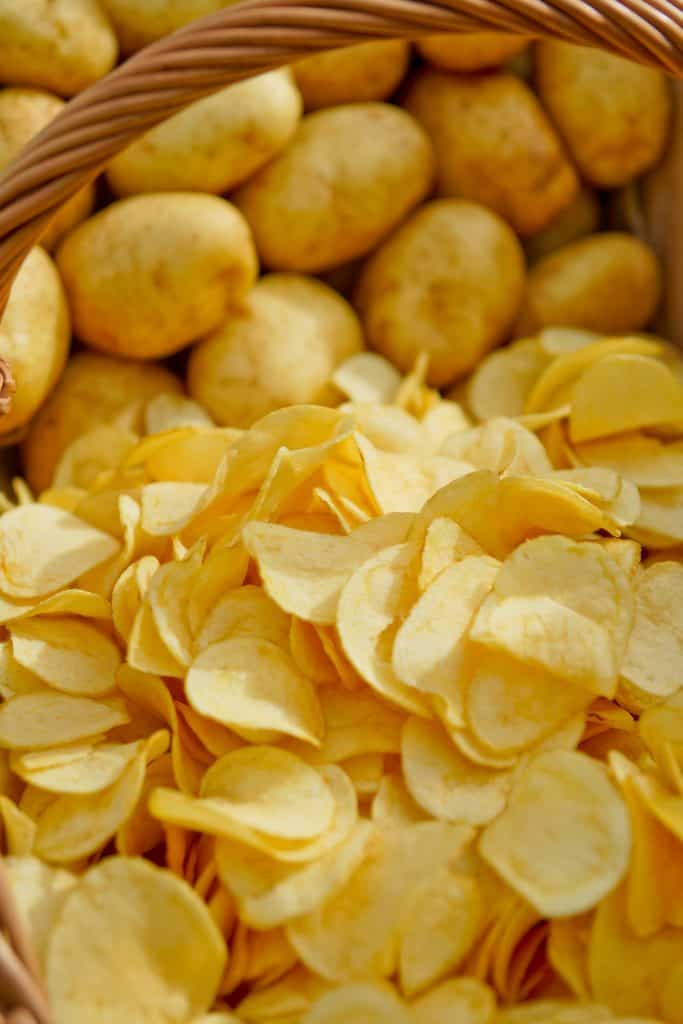By Gemma Carroll
The story goes that in 1853, at a Saratoga Springs diner, in New York, a wealthy and somewhat unpleasant customer sent his fried potatoes back to the kitchen, complaining that they were too soggy, and didn’t have enough salt.
George Crum, the cook, in a fit of customer rage, sliced more potatoes as thin as a dime, fried them up and doused them with salt. H sent them out to the table with hopes that the customer would choke, Crum was astonished to learn that the customer loved them and had ordered more.
George Crum decided to add “Saratoga Chips” to the menu.
This is an example of how a seemingly flippant alteration can produce innovation. That chef threw the rulebook out of the kitchen and look what it led to.
Fast forward 166 years and there are 100s of brands and variations on the original theme.
The New Zealand crisp producing arm of our potato industry, accounts for 19% of our overall value.
In 2018 that was worth $200,016. It’s a sizeable chunk of our billion dollar economic value and encompasses giants like Pepsico’s Bluebird through to, as far as we know, the only fully NZ owned crispers, Heartland in Canterbury. That first mutation of a potato product, led to a massive global snack industry.
So how can that inspire us?
We can never sit on our laurels and assume what we do is enough. Sure it’s great to keep producing the tried and tested, fresh, seed and processed potatoes, but make sure in your business, no matter how small, you allow time for innovation and experimentation.
The future is definitely plant-based, which is not to say without meat, but that plant food will dominate. This is happening due to two factors; compliance and environmental pressures on farmers, will make it harder to produce meat on a large scale and in addition the growing consumer demand for innovative, plant-based food, means the future could be bright for the resilient potato, if we innovate.
At the 2019 Hort Connections Conference in Melbourne recently, there was talk in many of the market sessions of the next generation of consumers, the millennials and what they’re demanding.
Industry needs to understand the consumer. Industry needs to find talent, culture, processes and systems that increase value for growers.
James Whiteside of AUSVEG in his opening address spoke of “horticulture being the way forward for global food production. There is a relentless wave of environmental and consumer drivers that will push growth towards horticulture.”
We need to consider how potatoes can be leaders in this changing market – how else can we utilize the nutritional and storage characteristics of potatoes?
What food technology can be applied to develop the next wave of plant-based food?
The millennial consumer is demanding healthy, technologically advanced plant-based nutrition. The simplicity of wholefoods, is already being replaced with powders, supplements, ready-made healthy meals. The next 10 years of food are predicted to be functional, meat-alternative proteins and health focussed.
15% of consumers are now vegan/vegetarian/flexitarian
28% are reducing their meat eating
82% of consumers value protein in their diet (a potato contains 4% of our daily protein requirement)
How can each of us in the industry ensure we keep up with the rapid evolution of food?
Not only is the consumer demanding certain characteristics of the food we produce, but they want to know it has been produced in a sustainable way with low environmental impact.
Industry need to evolve what they are producing and how it is produced. Environmental concerns are well known:
- Climate change
- Energy use
- Water use
- Waste production
- Emissions
The great thing about potatoes is that we can feed 20,000 people per hectare for a year on fresh potatoes.
However will the future consumer be wanting to cook a potato or will they want a sustainably produced, healthy potato product – predictions say the latter.
So let’s get our thinking caps on. Think dehydration, think pre-cooked prepared meals, think collaboration with another product group.
Let’s keep spuds rolling into the 2020s.
